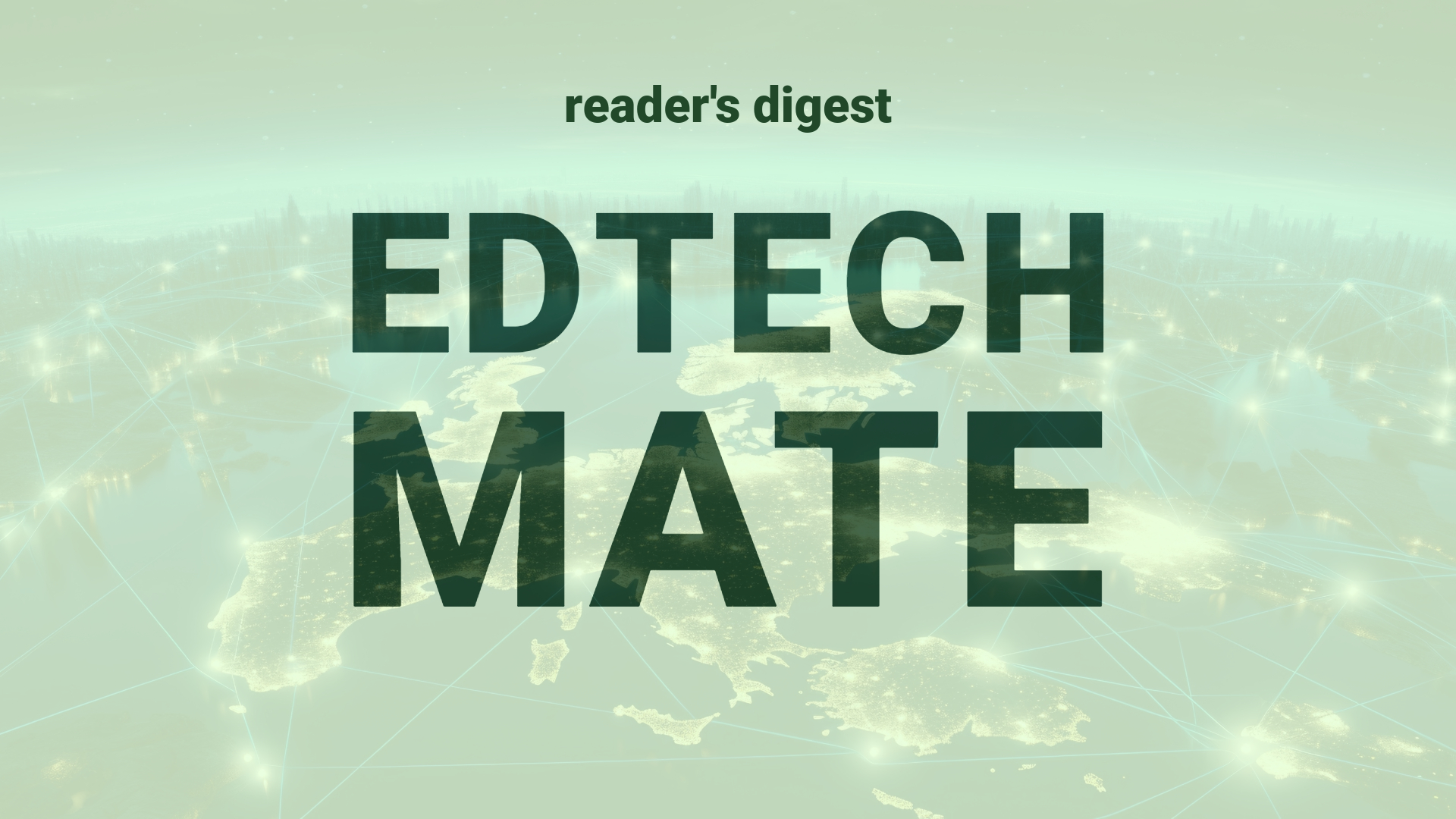Executive Summary and Main Points
The healthcare industry has experienced a transformative evolution due to significant technological advancements, leading to a radical redefinition of patient care and medical procedures. Key innovations such as electronic health records (EHR), artificial intelligence (AI), and machine learning (ML) in diagnostics and treatment planning have been instrumental in enhancing the efficiency, accuracy, and collaborative potential within healthcare practices.
These advancements have resulted in a shift in healthcare delivery, as noted by ICT Director Dr Mustafa Hasan Qurban, who acknowledges the technology’s impact on the industry’s evolution. Group Chief Information Officer Wissam Al Adany emphasizes the longstanding presence of AI and the necessity for tech leaders to engage with its practical applications to avoid obsolescence. Diverse technologies such as wearable devices, remote monitoring tools, and sophisticated AI-enabled diagnostics are extending healthcare’s domain beyond conventional settings.
Potential Impact in the Education Sector
Such advancement in healthcare technology may inspire and parallel changes within the Education Sector, particularly in Further Education, Higher Education, and the realm of Micro-credentials. The integration of AI and ML into education mimics the healthcare sector’s push for data-driven decision-making and personalization. This could develop into strategic partnerships between educational institutions and tech companies to foster digitalization and the expansion of remote learning infrastructures.
Potential Applicability in the Education Sector
Innovative applications originating from healthcare advancements could be contextualized within global education systems. For example, AI could be utilized to personalize learning experiences and performance tracking, much like its use in patient diagnostics. Wearable technology could monitor student engagement and well-being, providing real-time feedback to educators. Moreover, the capabilities of AI in processing vast educational content could revolutionize research methodologies and learning material curation.
Criticism and Potential Shortfalls
While these technologies present exciting possibilities, a critical analysis reveals potential shortfalls. These include the risk of technological determinism, privacy concerns associated with data collection, and potential inequality in access to such sophisticated resources. Ethical considerations concerning AI governance in education, along with the cultural implications of implementing one-size-fits-all technologies in diverse educational contexts, must also be acknowledged.
Actionable Recommendations
To capitalize on these technological innovations, international education leadership should consider establishing interdisciplinary task forces focused on integrating AI and digital tools into curriculum design, delivery, and assessment. Continuous professional development for educators to familiarize them with emerging tech trends is pivotal. Furthermore, pilot projects involving AI, wearables, and data analytics could be incrementally introduced, with rigorous assessment strategies to evaluate impact and scalability within diverse educational landscapes.
Source article: https://www.cio.com/article/2120880/insights-from-middle-eastern-cios-ais-transformative-impact-on-healthcare.html

